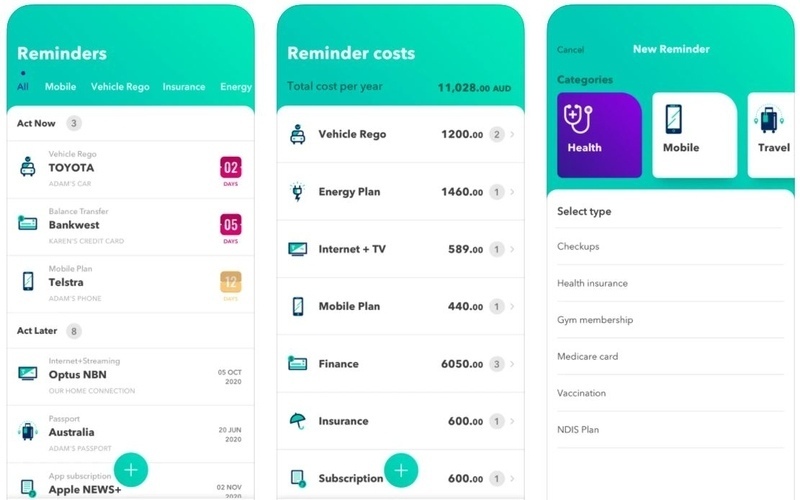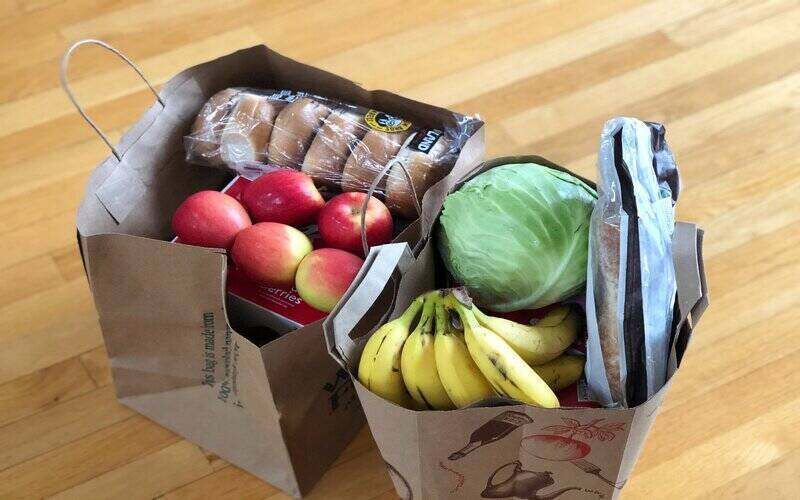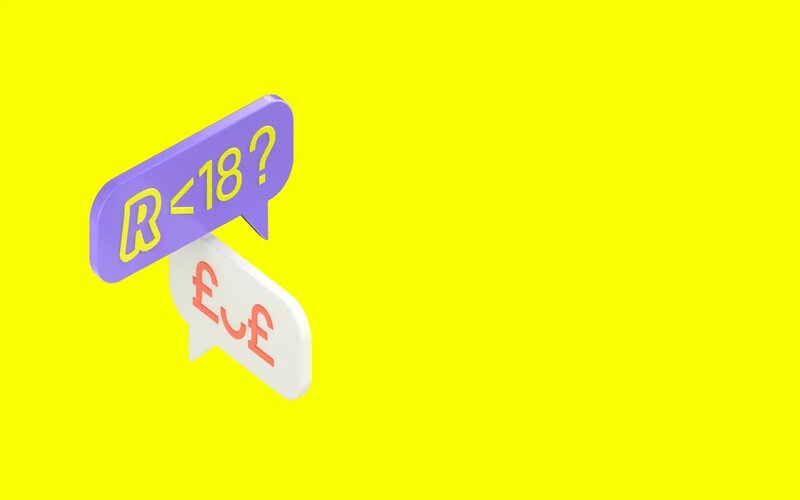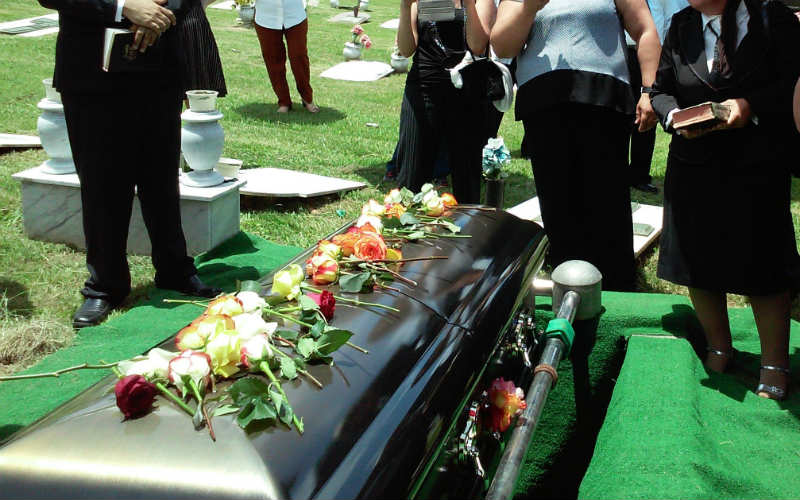Research from the Real Estate Institute of Queensland shows vacancy rates are down at the lowest levels they have been since 2012.
MyBond offers Queenslanders in financial hardship the opportunity to pay the equivalent of one week's rent through MyBond, and the company then covers the upfront cost of bond payment.
Traditionally, prospective tenants are expected to pay four weeks' rent as a bond to their landlord.
For a rental costing $400 a week, renters would need $1,600 upfront as bond, on top of other costs associated with moving.
This can often be a barrier for people trying to break into the rental market.
MyBond will pay rental bond for a flat fee of one week's rent, making it cheaper to move in.
When the lease is finished and tenants exit the property, the bond is then refunded to MyBond directly.
"We are able to help those in need through this tough time with an innovative new service that takes away some of the stress associated with renting and moving, and in particular on their bond for a fee of one week’s rent," MyBond CEO Ray Dib said.
What documents are required?
You will need to pass the MyBond identity check, which requires a valid form of photo id, such as a passport or driver licence or Medicare card.
What happens if you don't get the full bond refunded?
Throughout your tenancy, any damage to the property will impact how much of the bond you get back when you move out.
For example if the bond was $1,600 and when you leave the property the bond refund is only $1,400, you are required to pay the difference, in this case $200, to MyBond.
If you cannot pay in full, MyBond offer payment plans.
When will it be available in other states?
MyBond is currently available in New South Wales, Victoria and Queensland and has also announced its expansion into the ACT by the 1 December, and all other states by the first quarter of 2022.
Many state governments also provide their own rental bond programs for low-income earners.
Image by Joshua Willson via Unsplash



 Harrison Astbury
Harrison Astbury
 Harry O'Sullivan
Harry O'Sullivan

 Emma Duffy
Emma Duffy
 William Jolly
William Jolly

